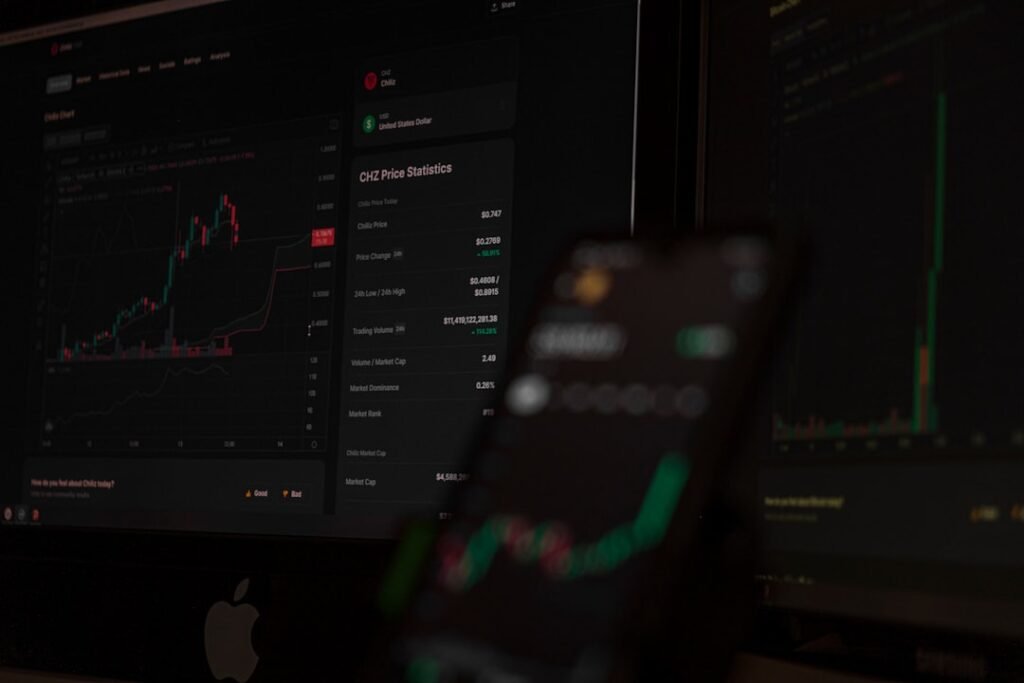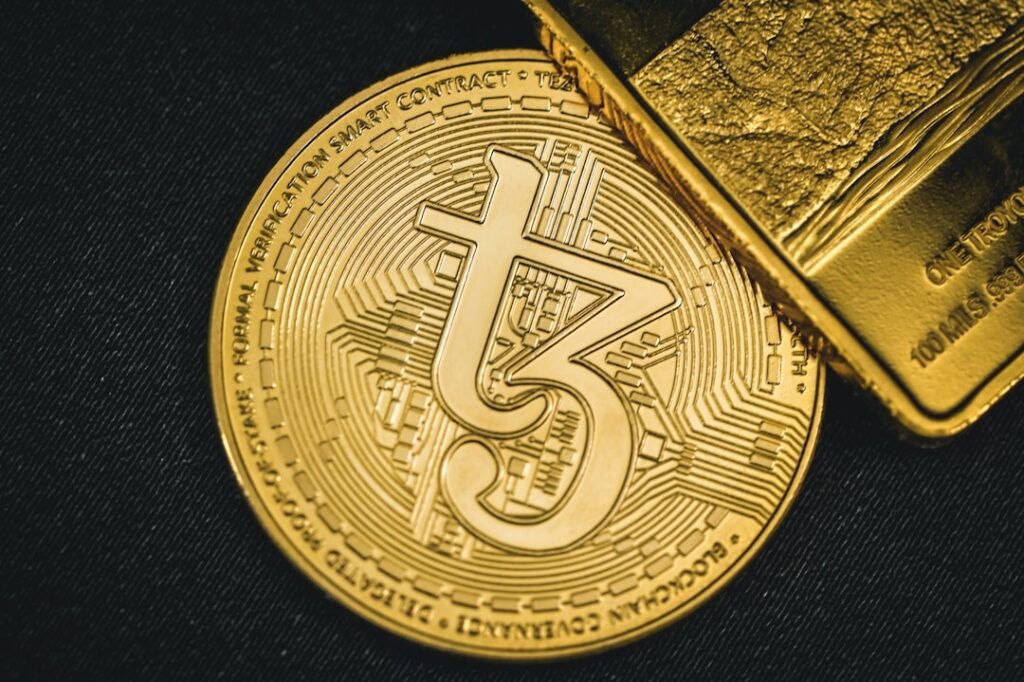{“paragraph”:”Cryptocurrency investors must complete KYC (Know Your Customer) verification when registering for exchange accounts. KYC is a system for identifying and verifying customer identities, with higher verification levels required as trading permissions and limits increase.”}, {“paragraph”:”Accounts may face restrictions such as withdrawal freezes or limited trading if their information, transactions, or fund flows trigger risk alerts due to discrepancies with KYC data. Thus, the KYC system is central to account freezing in cryptocurrency exchanges.”}, {“section_title”:”Why Do Cryptocurrency Exchanges Enforce KYC?”,”points”:[{“point_title”:”Regulatory Compliance”,”details”:”The Financial Action Task Force (FATF) mandates in Recommendation 10 that financial institutions must not maintain anonymous accounts and must conduct customer due diligence (CDD) when risks like money laundering or false identities arise. Recommendation 15 extends these requirements to virtual asset service providers (VASPs), including exchanges. Compliance with FATF guidelines, EU’s AMLD5, and the U.S. Bank Secrecy Act (BSA) necessitates robust KYC systems for exchanges to operate legally.”},{“point_title”:”Risk Management and Crime Prevention”,”details”:”Cryptocurrency transactions occur via blockchain addresses, which are inherently pseudonymous. KYC links real-world identities to these addresses, enabling exchanges to monitor transactions, prevent money laundering, and protect both the platform and legitimate users.”},{“point_title”:”User Risk Assessment and Security”,”details”:”KYC helps exchanges evaluate user risk based on location, behavior, and background. It also aids in recovering stolen assets by providing verifiable identity data for law enforcement.”}]}, {“section_title”:”Components of Exchange KYC Systems”,”components”:[{“component”:”Proof of Identity (POI)”,”description”:”Basic verification requiring ID documents and facial recognition.”},{“component”:”Name Screening”,”description”:”Checks against sanctions lists, terrorist organizations, and politically exposed persons (PEPs).”},{“component”:”Proof of Address (POA)”,”description”:”Additional verification via utility bills or bank statements.”},{“component”:”Enhanced Due Diligence (EDD)”,”description”:”In-depth background checks for high-risk users, such as those with suspicious transaction patterns.”},{“component”:”Suspicious Transaction Reports (STR)”,”description”:”Reports submitted to financial intelligence units (FIUs) for potential money laundering or terrorist financing cases.”}]}, {“section_title”:”Key Takeaways”,”paragraph”:”Account freezing often results from discrepancies in KYC data or suspicious activity. To avoid this, users should provide accurate information during verification and submit truthful documentation if their accounts are frozen. Fabricating evidence can complicate the unfreezing process.”}, {“disclaimer”:”This article represents the author’s views and not those of Web3Caff. It does not constitute financial advice or an offer, and readers should comply with local regulations.”}












